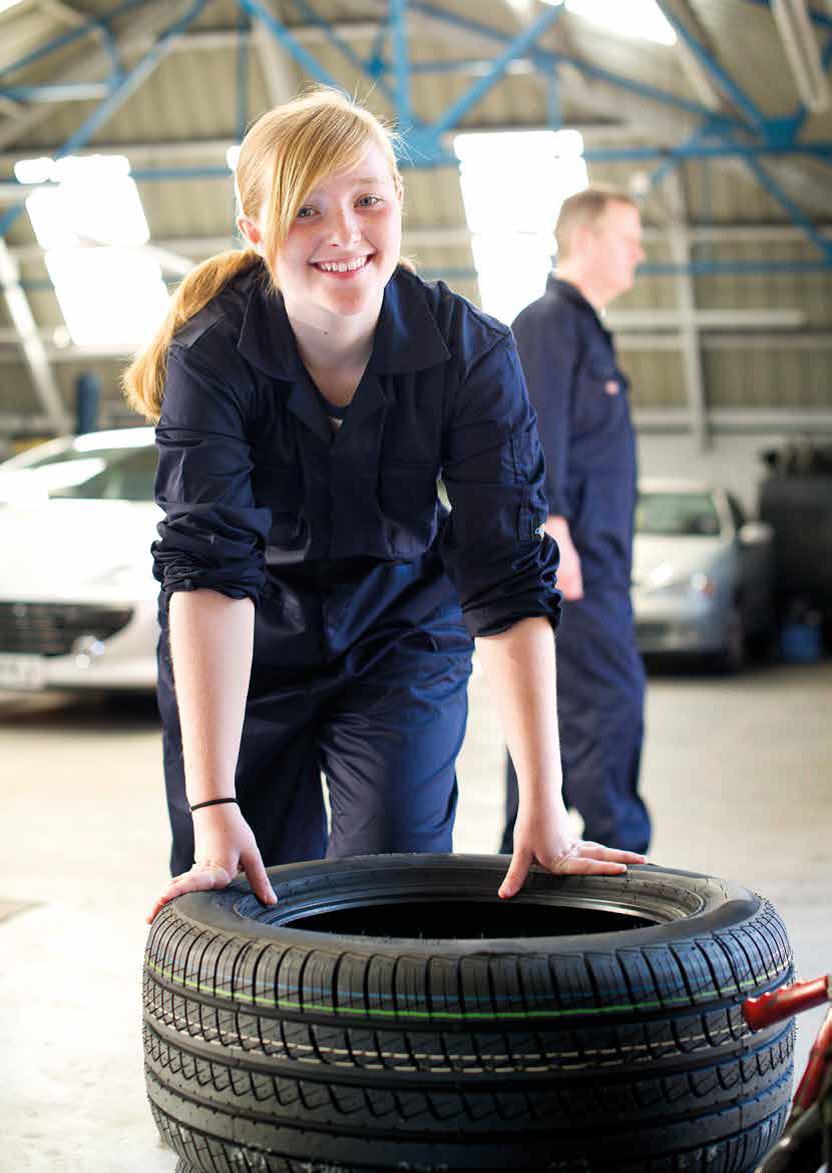Millions of teenagers across the country combine the hard graft of GCSE revision with shifts in shops, cafes and paper rounds. Even young Brooklyn Beckham holds down a Saturday job at in a West London coffee shop (reportedly at £2.68 per hour) while his parents are worth (reportedly) £165 million.
The rules governing the employment of children in England are set by the Department for Education. Children aged at least 13 but less than the school leaving age may undertake `light’ work, deemed as not being harmful to their health, safety or development.
There are age-specific restrictions on the types and hours of work children may do. Those under 16 cannot work `mainly or solely’ for the sale of alcohol, for example. Those in compulsory education may work only 12 hours per week in term time, including a maximum of 2 hours on a weekday or Sunday; 8 hours on a Saturday (5 hours if under 15 years); one hour before school on a weekday; and none during school hours or after 7pm on a school night.
But the benefits of holding down a part-time job – gaining work skills and pocket money for those teenage essentials – whilst studying for GCSEs, might not be worth the potential damage to your grades. The effect is especially noticeable in girls.
This was revealed through an analysis of the Longitudinal Study of Young People in England (LSYPE), which followed a cohort of teenagers aged 13-14 in 2004, and examining the hours school children spent working and the impact this had on the time they spent doing other things – including risky behaviour and sport – as well as their study time and subsequent exam grades at GCSE.
Around a quarter of all 13-16 year olds in England take some formal paid employment during school term time. This can be a good thing – they earn their own money and can pick up useful skills which might help them find full time work in the future. However, they may spend that hard-earned money on less than useful things, or fall in with a different group of people. The study found that school children who worked became more likely to drink alcohol regularly, smoke, or consume cannabis.
The main impact of part time work however, was on the school grades for girls. For girls, an additional hour of paid employment per week in school year 10 reduces final GCSE performance a year later by approximately 1 grade in one subject. About a quarter of this effect size was due to these girls spending less time studying outside of lessons. A similar amount could be explained by girls in employment becoming less motivated or interested in the work they did in lessons.
Girls with a job at age 15 work an average of 6 hours per week, meaning their part-time work is likely to reduce their results considerably – a grade lower in six subjects. The long-term effect of this would be particularly severe for borderline students at risk of not achieving the target for progression in education, of five A*-C grades (including English and Maths). Given that academic results at 16 have such a significant influence over our future life outcomes, these findings could worry policy makers and parents who want young people to achieve their potential at this crucial point.
It’s inevitable that having a job gives teenagers less time to study. That alone might be a small price to pay given the potential benefits of having a part-time job for all-round development. The concern however may be how this could cause teenagers to lose sight of the importance of their education for their longer-term opportunities.
Further information:
Youth employment and academic performance: Production function and policy effects by Dr Angus Holford
https://www.iser.essex.ac.uk/research/publications/working-papers/iser/2015-06.pdf
